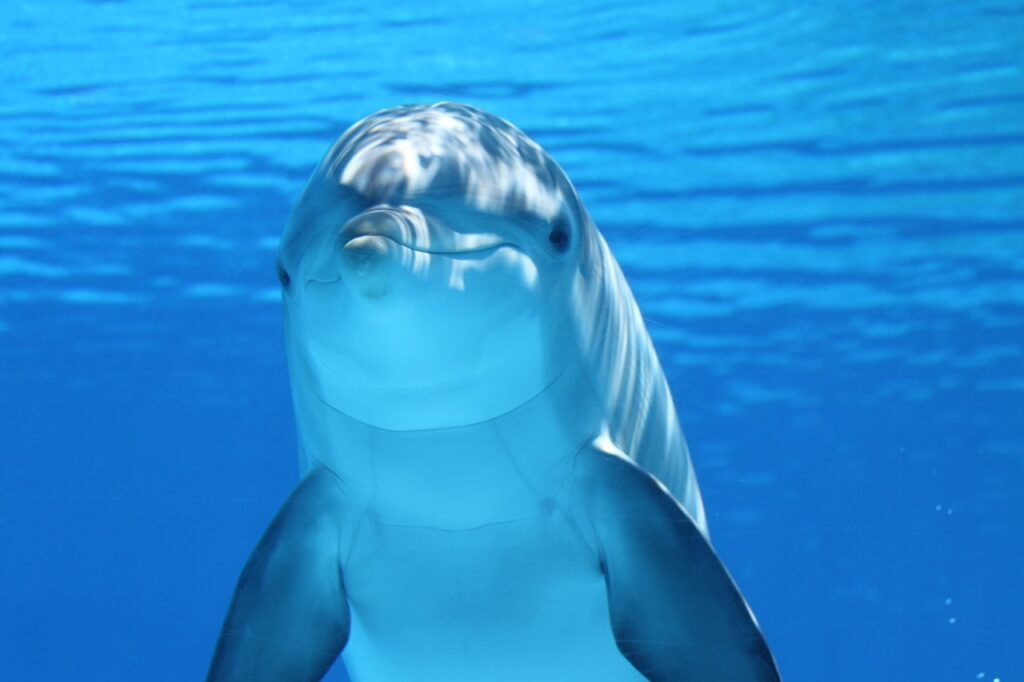The ocean is more than just a vast expanse of water; it’s a thriving ecosystem teeming with marine life that plays an essential role in the health of our planet. However, human activities have significantly impacted this delicate balance, making it crucial to understand and implement proper care practices to protect marine biodiversity. Whether you’re a seasoned environmentalist or a curious beginner, this blog post offers practical tips and insights into taking proper care of marine life.
Get ready to explore how you can make a difference, one small action at a time.
Understanding the Importance of Marine Life
Marine life forms the backbone of Earth’s ecological balance. Oceans cover over 70% of our planet and hold some of the most incredible creatures, from the tiny plankton to the majestic blue whale. These organisms are critical for regulating climate, providing food, and maintaining biodiversity. When we take proper care of marine life, we contribute to the overall health and sustainability of our environment.
Steps to Reduce Pollution
You can help reduce marine pollution by minimizing your plastic use, disposing of waste responsibly, and supporting policies that aim to reduce industrial and agricultural runoff. Small changes in everyday habits can collectively make a big impact.
Sustainable Fishing Practices
Fishing is a major industry that provides food and livelihoods for millions but has also led to overfishing and the depletion of marine species. Sustainable fishing practices are crucial for maintaining fish populations and the health of marine ecosystems.
What is Sustainable Fishing?
Sustainable fishing involves using techniques that do not deplete fish stocks faster than they can reproduce. This includes the use of selective gear, respecting catch limits, and avoiding overfished species.
Benefits of Sustainable Fishing
Sustainable fishing helps to ensure that fish populations remain healthy and can continue to provide food and economic benefits. It also reduces the negative impacts on other marine life, such as bycatch of non-target species.
How to Support Sustainable Fishing
You can support sustainable fishing by choosing to buy seafood certified by organizations like the Marine Stewardship Council (MSC) and advocating for policies that promote sustainable practices.
Protecting Coral Reefs
Coral reefs are often referred to as the “rainforests of the sea” due to their incredible biodiversity. However, they are under threat from climate change, pollution, and unsustainable tourism practices.
Conservation and Restoration
Conservation restoration efforts aim to rebuild and rehabilitate damaged marine ecosystems. Whether through reforestation of mangroves, restoration of coral reefs, or creation of marine protected areas, these actions are vital for marine conservation and the overall health of our oceans.

Restoration efforts help to rebuild ecosystems that have been damaged by human activities or natural events. This can include transplanting coral, planting mangroves, and restocking depleted fish populations.
The Role of Marine Protected Areas
Marine Protected Areas (MPAs) are regions of the ocean designated for conservation and management. They play a critical role in preserving marine biodiversity and supporting sustainable fisheries.
What Are Marine Protected Areas?
MPAs are areas where human activities are more strictly regulated than the surrounding waters to protect natural or cultural resources. These regulations can include restrictions on fishing, oil drilling, and tourism activities.
Benefits of MPAs
MPAs help to safeguard habitats and species, allowing ecosystems to recover and thrive. They also provide scientific research opportunities and can boost local economies through eco-tourism.
How to Support MPAs
You can support MPAs by advocating for their establishment, respecting regulations when visiting these areas, and educating others about their importance. Your voice can make a difference in protecting these vital areas.
Reducing Carbon Footprint
Climate change is one of the biggest threats to marine life. Reducing your carbon footprint can help mitigate its impacts on oceans.
Why Carbon Footprint Matters
Burning fossil fuels releases carbon dioxide, which contributes to ocean warming and acidification.

These changes can devastate marine ecosystems and the species that depend on them.
Simple Steps to Reduce Carbon Footprint
You can reduce your carbon footprint by using energy-efficient appliances, driving less, and eating a plant-based diet. Every small action contributes to the larger goal of mitigating climate change.
Encouraging Others to Reduce Carbon Footprint
Share the importance of reducing carbon footprints with your community. Encourage businesses and policymakers to adopt sustainable practices and support renewable energy initiatives.
Taking proper care of marine life is not just an environmental responsibility; it’s essential for the health of our planet and future generations. By understanding the importance of marine life, reducing pollution, practicing sustainable fishing, protecting coral reefs, and getting involved in conservation efforts, we can all play a part in preserving our oceans.
